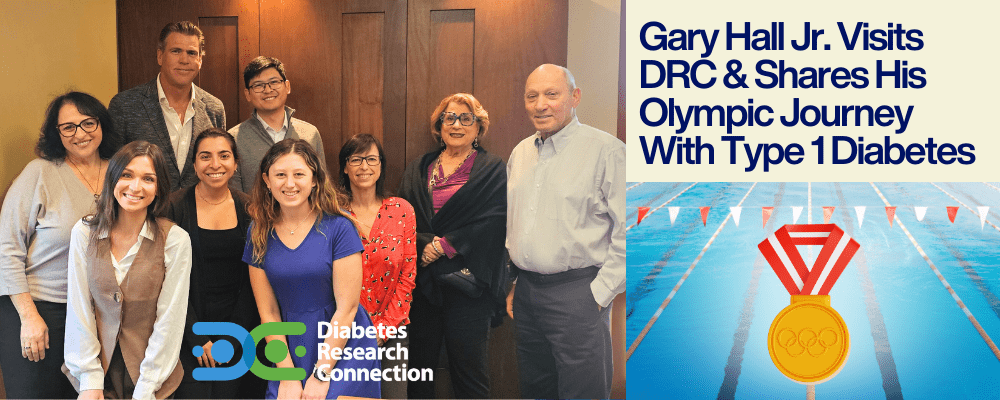The National Institutes of Health (NIH) is incredibly well-known for its grant offerings to support innovative research. Over the years, it has funded millions of dollars’ worth of research initiatives. However, a recent finding by a professor of structural biology and an informatics researcher has uncovered a disturbing trend – many of the grants awarded by the NIH go to older principal investigators (PIs), and younger scientists are missing out.
According to their study, since 1982, PIs under age 46 have received fewer grants than older PIs. Many of the grants have been awarded to PIs over age 55. While there are committees in place that review proposals and determine who receives the grants, these committees are made up of grantees – many of whom happen to be older, since that has been the trend in awards. The study suggests that these committees may be more hesitant to award grants to younger PIs because they are young and have less experience.
However, the NIH is taking steps to change its processes and shift more grant awards toward younger PIs. They plan to put a cap on how many grants PIs can have at one time and already implemented a policy that examines age bias in awarding grants.
“This is why the Diabetes Research Connection (DRC) is an important source of funding for innovative research that, because of ‘its high-risk,’ is almost impossible to fund from traditional funding sources,” says President and Co-Founder Alberto Hayek, M.D.
Supporting early career scientists is one of the reasons the Diabetes Research Connection was initially founded. The organization focuses on connecting these researchers with funding to advance their studies and explore topics that may be considered too high-risk by other institutions. Through the DRC, scientists can receive up to $50,000 for research projects focused on preventing or curing type 1 diabetes, minimizing its complications, or improving quality of life for those living with type 1 diabetes. One hundred percent of donations for research go directly to the scientists. To learn more about the Diabetes Research Connection and find out how you can support innovative research, visit http://diabetesresearchconnection.org.




